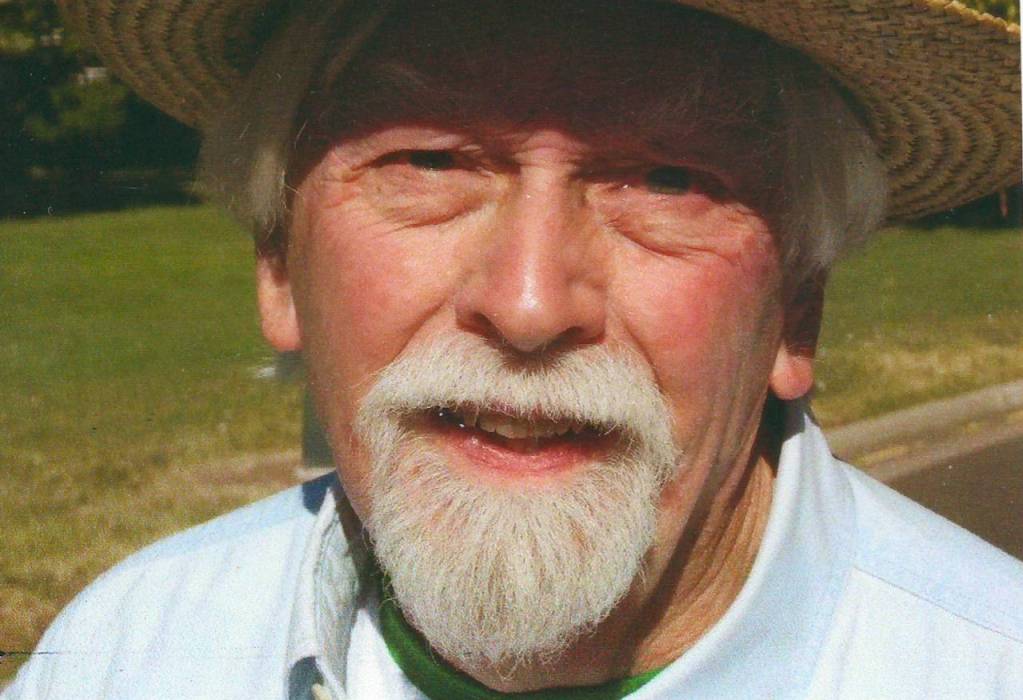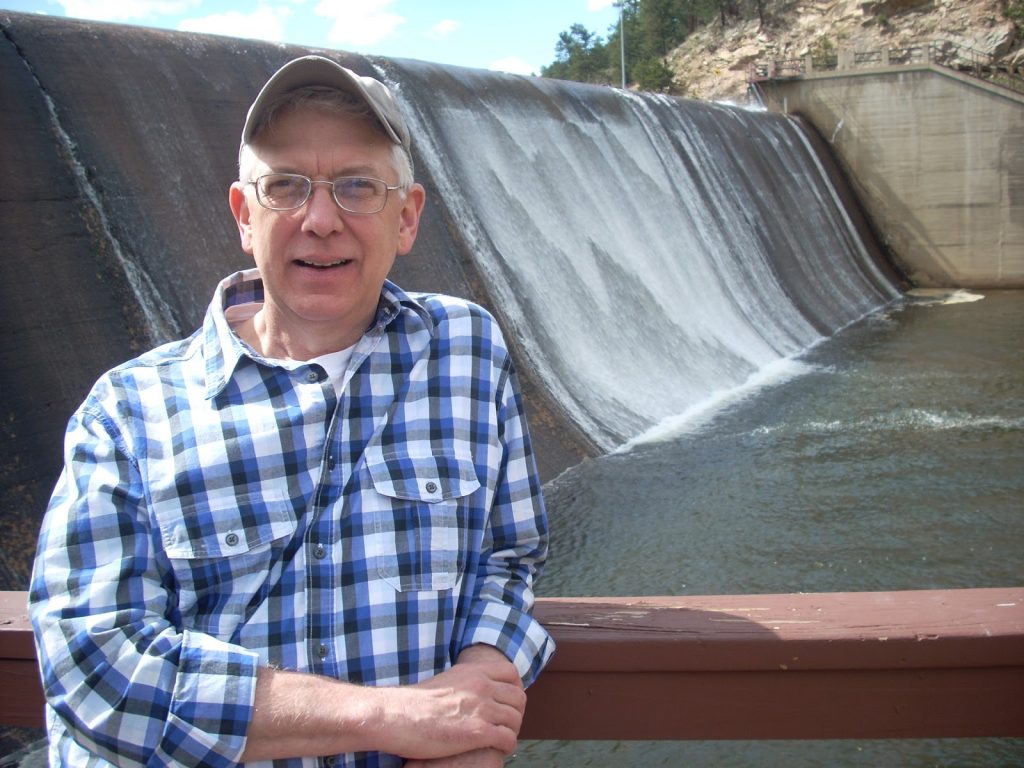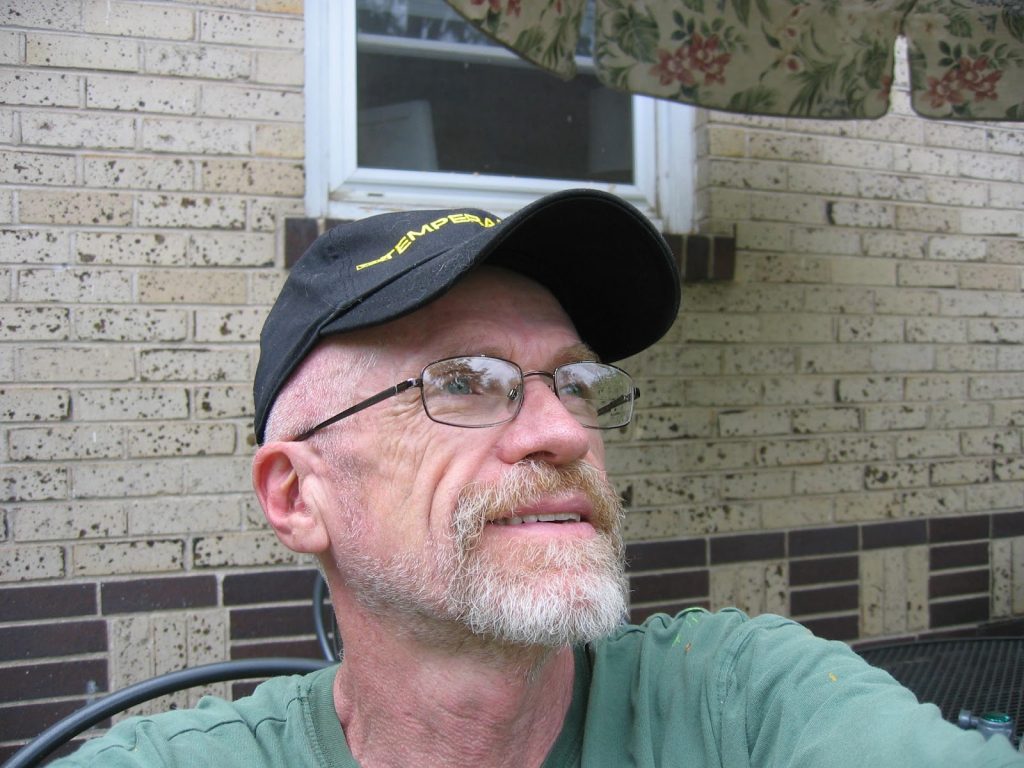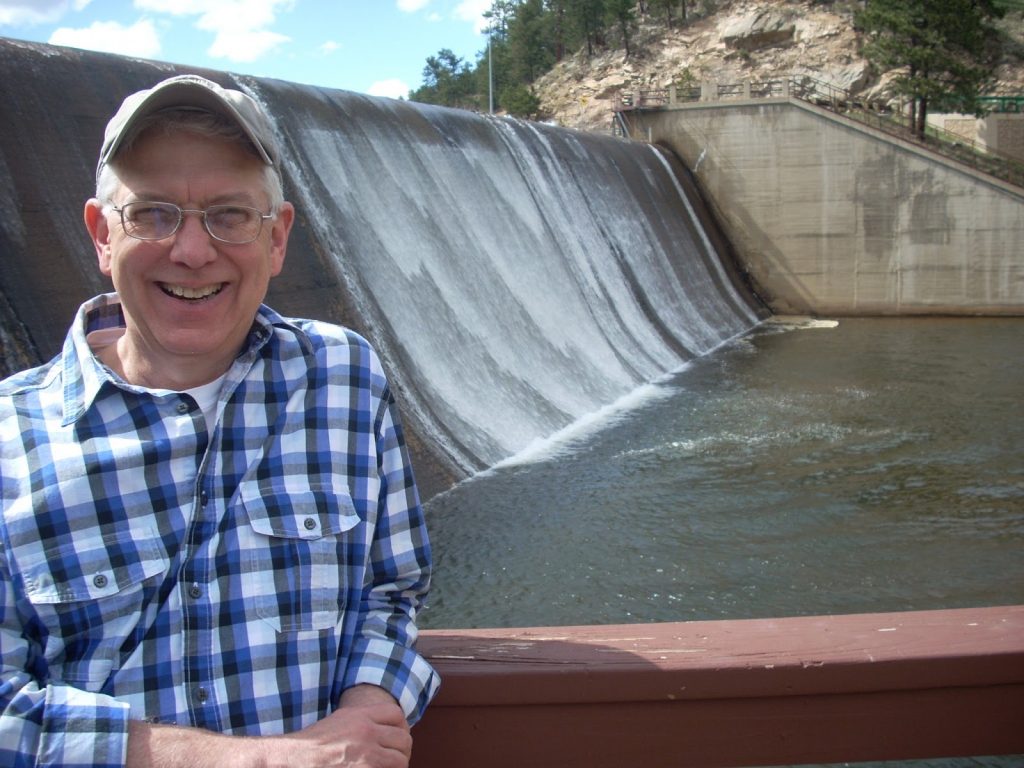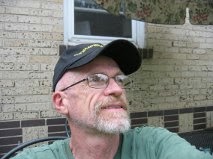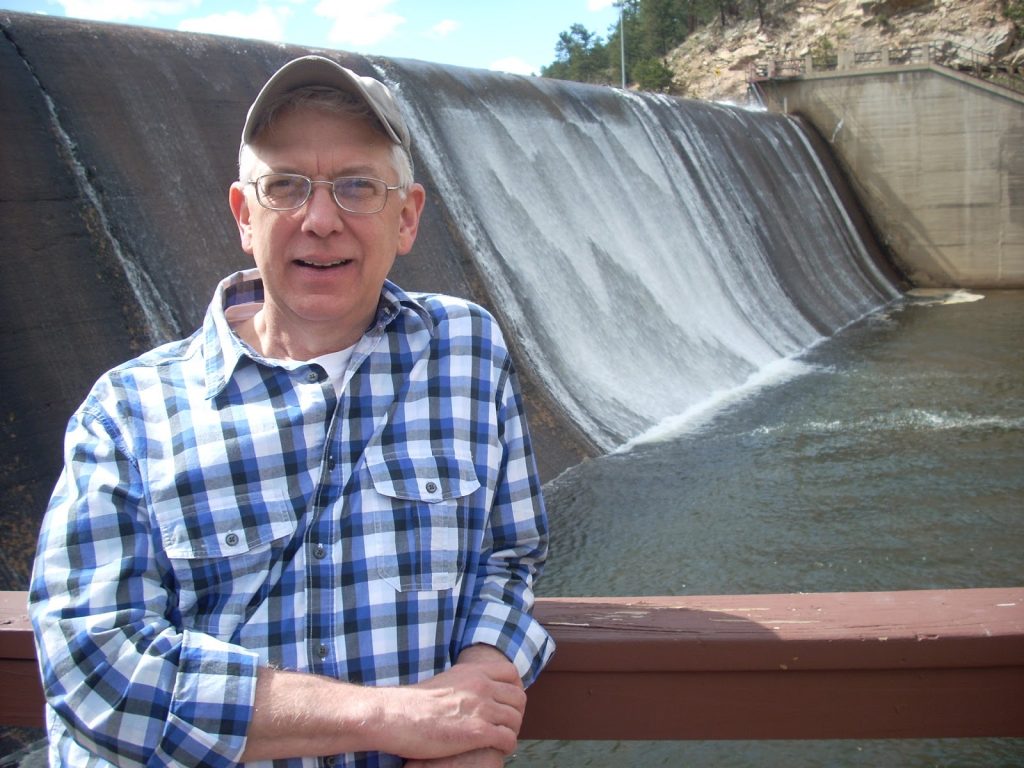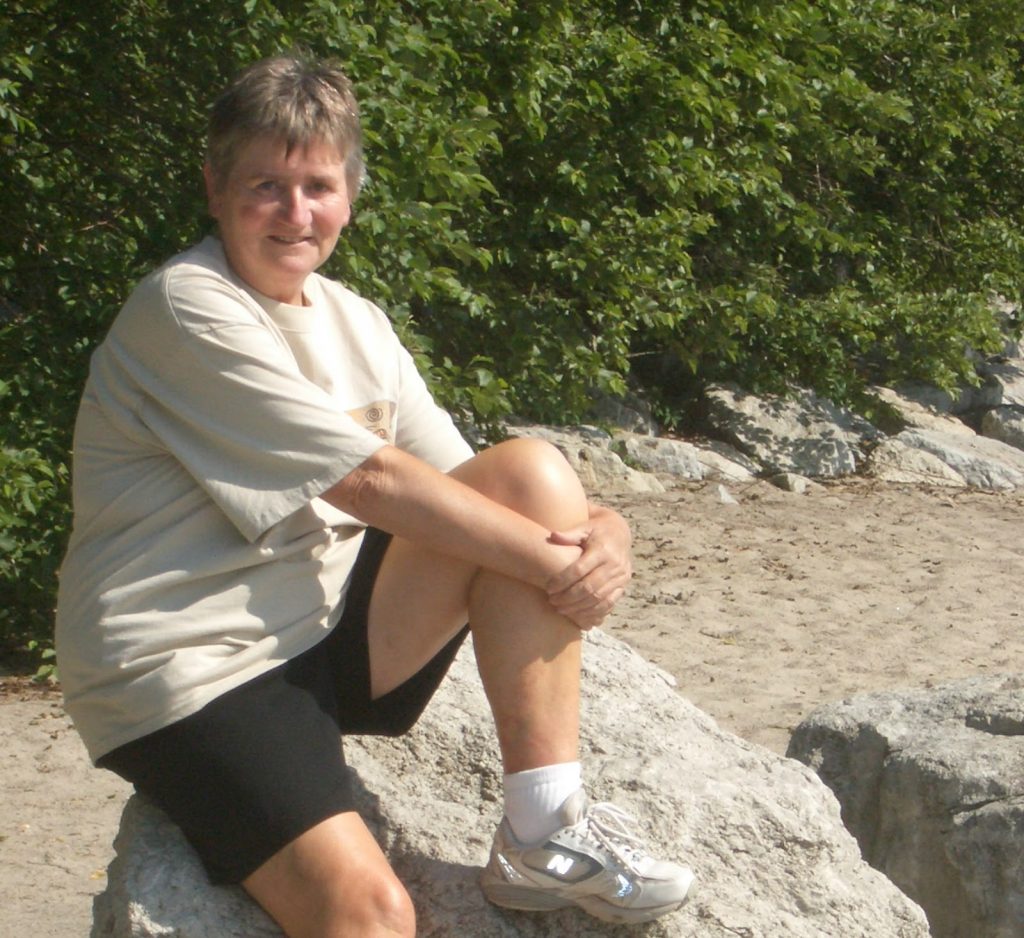We all enact a role upon the stage. In spite of our most polished performances, many of us often look back to the stage on which we have strutted and long for another script. Time and again, my friend Paul and I misconnected. He never asked anything of me. I suspect he felt he had no right to assert himself. Neither did I speak honestly to him for fear of being too forward. Looking back at the roles we played, I suspect that I should never have let him go without offering him the bounty of truth. Yet in spite of my misgivings and ponderings as to what, if anything, we may have been able to create, I am at peace, knowing that in the end, the script was perfect just the way it was.
A few months prior to my graduation from the University of Texas, I found myself leaving the classroom, enjoying the sun on my face and the sweet aroma of the west Texas desert in bloom. Unexpectedly, Peter, destined to become my first beau, approached, gave me a nod, and motioned me to follow. In spite of my trepidation, I followed, anxious to be inducted into a world that I had fantasized, yet feared, for years. I wanted to be held in a man’s embrace, overpowered by his testosterone. Because I was inexperienced, however, rather than becoming a love-under-the-sheets encounter, our rendezvous evolved into polite conversation and gentle hand-holding. Nevertheless, this being my first encounter with a man, my gay card was validated. Of course, I was anxious to learn from him and lie naked in his bed, but being a good Catholic boy, I deluded myself into believing our meeting was a divine act of intercession. Thus, I was determined to win his heart. Therefore, I decided to play my cards in the kitchen. After all, I’d heard the cliché that the way to a man’s heart was through his stomach. At least that is how I rationalized my actions in my gender-confused world where the game required one partner to be the hunter while the other was the gatherer. A few days later I knocked on his door, having practiced my invitation to cook for him for days. Even now decades later, I can still feel my heart beating like a little boy about to open his first Christmas gift. As the fates would have it, he was delighted, and we agreed to meet a few days later. That week I perused countless cookbooks for direction. I finally decided on a Russian feast to inspire my czar and win his devotion. That Saturday, I arrived at his apartment, ingredients at hand for savory beef stroganoff, buttered noodles, and Cointreau-kissed strawberries Romanoff. Though I was a nervous boy playing at being grown-up, I pulled it off. The dinner was magnificent. Rimsky-Korsakov’s “Russian Easter Festival Overture” provided the auditory punch to an evening filled with sensory delight. After the meal, as we held each other on his sofa, and I felt his heart poetically and impossibly beating to my own, I knew I had bagged my query. I had won him over through my culinary skills and domestic manipulations.
Within a few years, however, what had blossomed in the spring. withered and desiccated. We tried to forge a relationship, but because I had been drafted into the army and was away from home, our meetings were few and far in between. Our May-December flame sputtered, for while he had burned his candle at both ends over the years, my light had just started to flicker. Eventually, he recognized that he wanted what I could never offer, children. Thus, within months after I did return home, he dissolved our relationship, convinced our age differences and irreconcilable goals were impediments to the fairy tale ending on which I had been weaned. And thus, I encountered my first dissolution, my first of many failures. The “Russian Easter Festival Overture” became a dirge, its bells no longer heralding the resurrection of love, but rather the mournful eulogy of forsaken love and childish dreams.
Regardless, in those years with Peter, I learned that being gay is a blessing; I learned to embrace and honor myself. Although the relationship did not take root, that meal became a precursor to my entry into adulthood. Thus, I remain forever grateful to our ephemeral dance. Over those years, Paul, Peter’s best friend, was often a guest at our apartment. Though Paul and I were never alone, in retrospect, I knew even then that the sexual and emotional attraction between us was palpable. I suspect Peter felt it, though he never spoke of it. After my first relationship came to an end and I moved out, Paul visited me often. Our encounters were polite and restrained. Paul stood off in the distance, silent, supportive, and stoic. In retrospect, I realize that though he wanted to reach out to me, his devotion to his best friend and to me precluded him from doing so. And thus, the Russian feast I had years earlier prepared for another was never his. And after months of agony and a realization that my first relationship could not be resurrected and that I needed to move on, I left Texas for Denver, hoping to start a life anew. Yet even before I flew away, Paul and I both knew that so much that needed disclosure would remain forever vaulted. I wanted him to give me reason to remain, yet I could not encourage him; he wanted me to stay, yet he could not betray his honor. We were both stuck in a damned-if-we-do, damned-if-we-don’t’ waltz. And thus, our chosen pathways became the denouement to our Greek tragedy.
And thus, our lives took us in different directions. Because we kept in touch, our friendship blossomed. Though our letters to each other were always warm, it was becoming clear to me that by my running away, I had thwarted a possible bond when he started to close his letters with…Love, Paul. Eventually, he even asked me if I could tolerate him for a brief visit should he find himself in Denver. I let him know that if he took a step toward me, I just might take two steps toward him. But because of his career, he never made it to Denver, and as time progressed, our letters became more infrequent. I concluded we had only forged footprints on a beach. A few years later, I awoke from a dream. Paul hovered protectively next to me, reaching down with his hand to touch my face. I decided enough time had passed between us. Unspoken words needed to be fleshed out. Thus, I called him. To my surprise, a kind stranger answered, and after I asked for Paul, he informed me that he had just passed away. And thus, the last dance came to an end. On my next visit to Texas, I went to his grave, knelt before it, and bide adieu to my friend for whom I should have prepared a feast. I recognized that time had flitted away like a ghost seen only in the periphery of one’s vision. I will always some regret that I did not marry savory to sweet, let the dough rest and rise, or grind the spices between my fingers for Paul. I suspect that my life might have been different had I recognized I am not exempt from the adagio’s last note. I regret my indecision; I regret his indecision. My naivete, my silence, his devotion, his honor, had collided like two star systems pulled apart by each other’s gravitational pull. I will always ponder whether a meal to remember might have scripted a sublime poetic couplet. But regret is a bowl of warm, curdled milk.
My experiences with Paul have taught me that to live life constrained by polite etiquette and fear of risks is like eating strawberries without the Cointreau. The little boy is no more. I have discovered that truth must be honored and life must be lived as though the big bang did not need God. When I look back at what might have been, I honor it, but remain firmly entrenched in what is today, in this Mobius strip of time. Thus, when I first met and recognized the man who a decade later still remains my soulmate, Ron, I turned around l80 degrees and gave him a smile that left nothing to the imagination. And the rest is history. No more retrospective regrets, no more cautious approaches. Life must be lived with a devil-may-care attitude. After all, the last supper is only the precursor to the first breakfast. Thus, I’ve learned to let the dead rest in peace and to keep alive the neutron star that is my lighthouse.
© Denver, 4/11/2014
About the Author

Cervantes wrote, “I know who I am and who I may choose to be.” In spite of my constant quest to live up to this proposition, I often falter. I am a man who has been defined as sensitive, intuitive, and altruistic, but I have also been defined as being too shy, too retrospective, too pragmatic. Something I know to be true. I am a survivor, a contradictory balance of a realist and a dreamer, and on occasions, quite charming. Nevertheless, I often ask Spirit to keep His arms around my shoulder and His hand over my mouth. My heroes range from Henry David Thoreau to Sheldon Cooper, and I always have time to watch Big Bang Theory or Under the Tuscan Sun. I am a pragmatic romantic and a consummate lover of ideas and words, nature and time. My beloved husband and our three rambunctious cocker spaniels are the souls that populate my heart. I could spend the rest of my life restoring our Victorian home, planting tomatoes, and lying under coconut palms on tropical sands. I believe in Spirit, and have zero tolerance for irresponsibility, victim’s mentalities, political and religious orthodoxy, and intentional cruelty. I am always on the look-out for friends, people who find that life just doesn’t get any better than breaking bread together and finding humor in the world around us.
